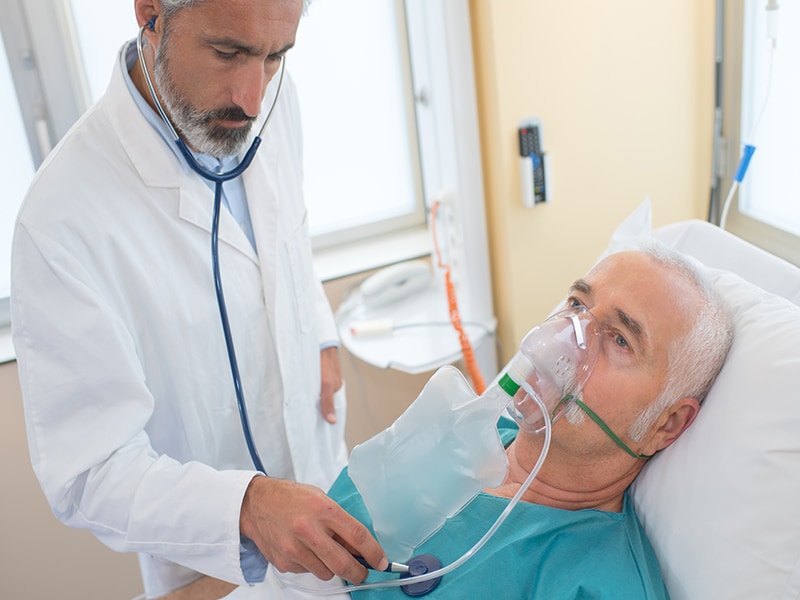Three randomized trials and a meta-analysis show benefits for critically ill patients, severe COVID-19
TUESDAY, Sept. 8, 2020 (HealthDay News) — Steroids can improve survival in patients with COVID-19, according to three randomized trials and a meta-analysis published online Sept. 2 in the Journal of the American Medical Association.
Bruno M. Tomazini, M.D., from Hospital Sírio-Linbanês in São Paulo, Brazil, and colleagues randomly assigned patients with COVID-19 and moderate-to-severe acute respiratory distress syndrome to either dexamethasone plus standard care (151 patients) or standard care alone (148 patients). The researchers found that patients randomly assigned to dexamethasone versus standard care had a mean of 6.6 versus 4.0 ventilator-free days. In a second study, Jonathan A.C. Sterne, Ph.D., from the University of Bristol in the United Kingdom, and colleagues estimated the association between corticosteroid administration versus usual care or placebo and 28-day all-cause mortality in a prospective meta-analysis involving 1,703 critically ill patients with COVID-19. The researchers found 222 deaths among 678 patients randomly assigned to corticosteroids and 425 deaths among 1,025 patients randomly assigned to usual care or placebo (summary odds ratio, 0.66 based on a fixed-effect meta-analysis).
Pierre-François Dequin, M.D., Ph.D., from CHU de Tours in France, and colleagues conducted a multicenter randomized trial to examine the effect of hydrocortisone on treatment failure at day 21 in critically ill COVID-19 patients with acute respiratory failure. Following the recommendation of the data and safety monitoring board, the trial was stopped early after enrollment of 149 patients. The researchers found that treatment failure on day 21 occurred in 42.1 and 50.7 percent of the hydrocortisone and placebo groups, respectively. In a fourth study, Derek C. Angus, M.D., M.P.H., from the University of Pittsburgh School of Medicine, and colleagues randomly assigned adult patients with suspected or confirmed COVID-19 to a seven-day course of intravenous hydrocortisone, a shock-dependent course, or no hydrocortisone (137, 146, and 101 patients, respectively). The researchers found that the Bayesian probability of superiority in organ support-free days within 21 days was 93 and 80 percent, respectively, for fixed-dose and shock-dependent hydrocortisone versus no hydrocortisone.
“These studies provide evidence and some hope that an effective, inexpensive, and safe treatment has been identified,” write the authors of an accompanying editorial.
Several authors from all studies disclosed financial ties to the biopharmaceutical industry.
Copyright © 2020 HealthDay. All rights reserved.








